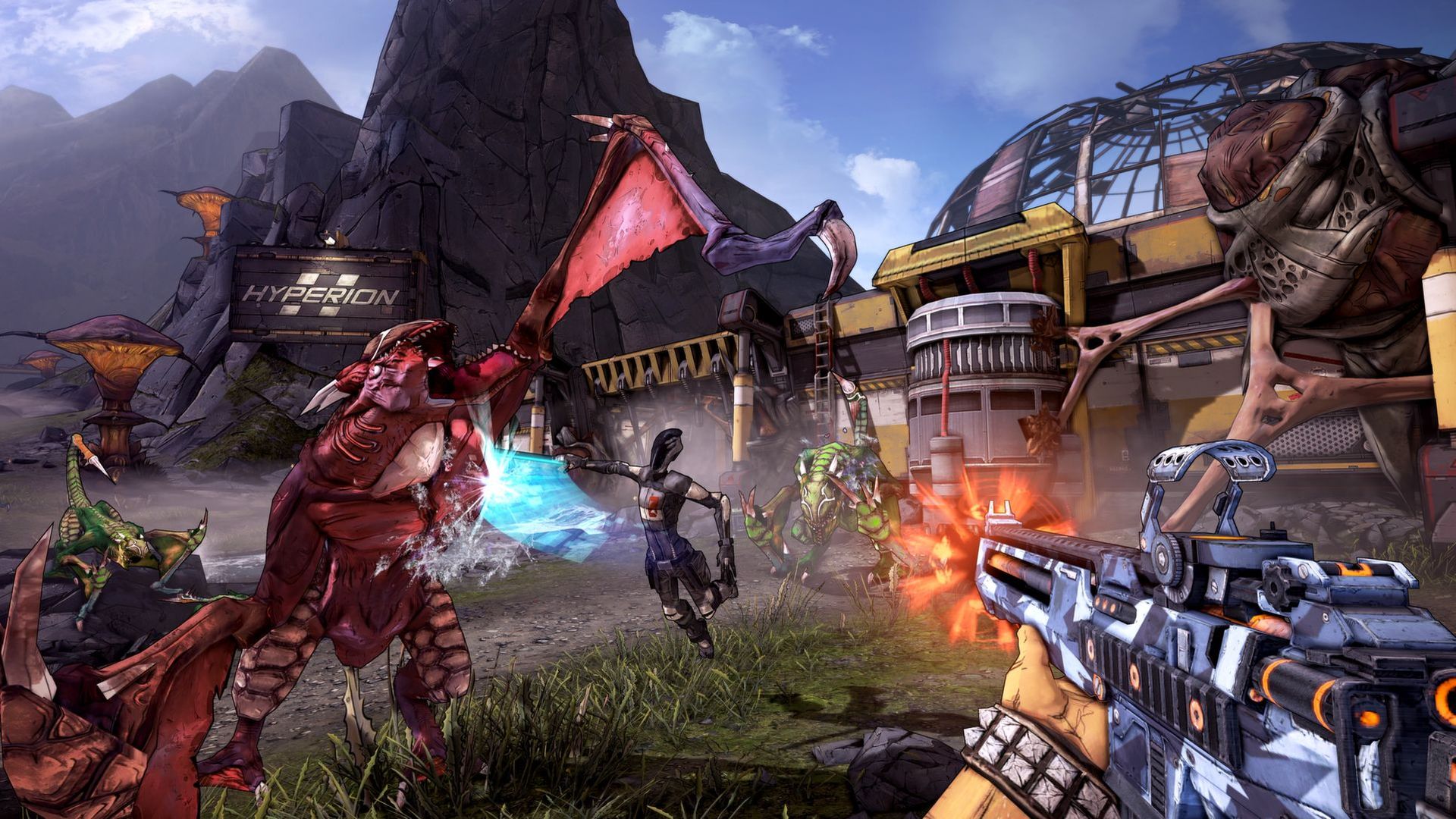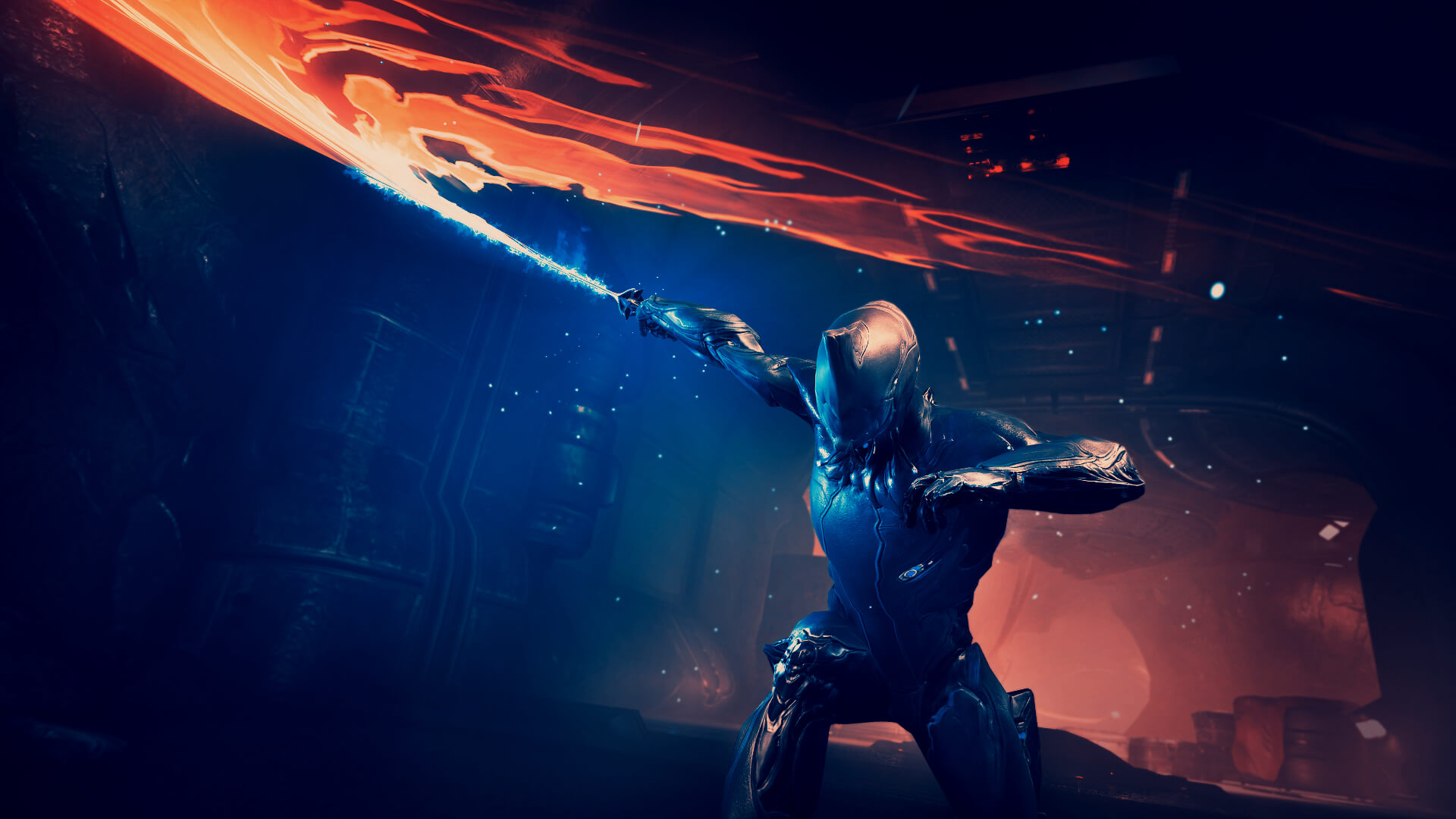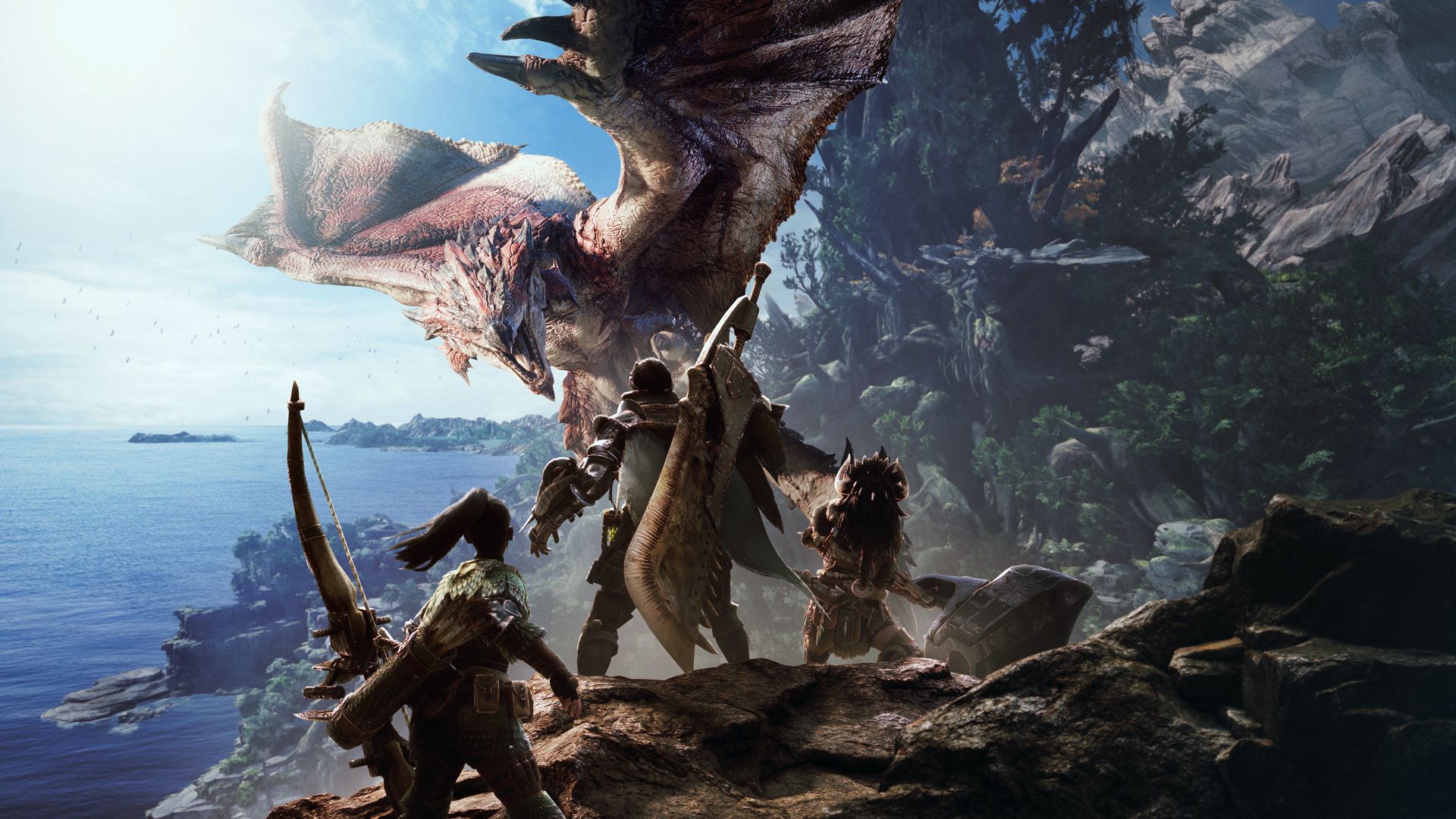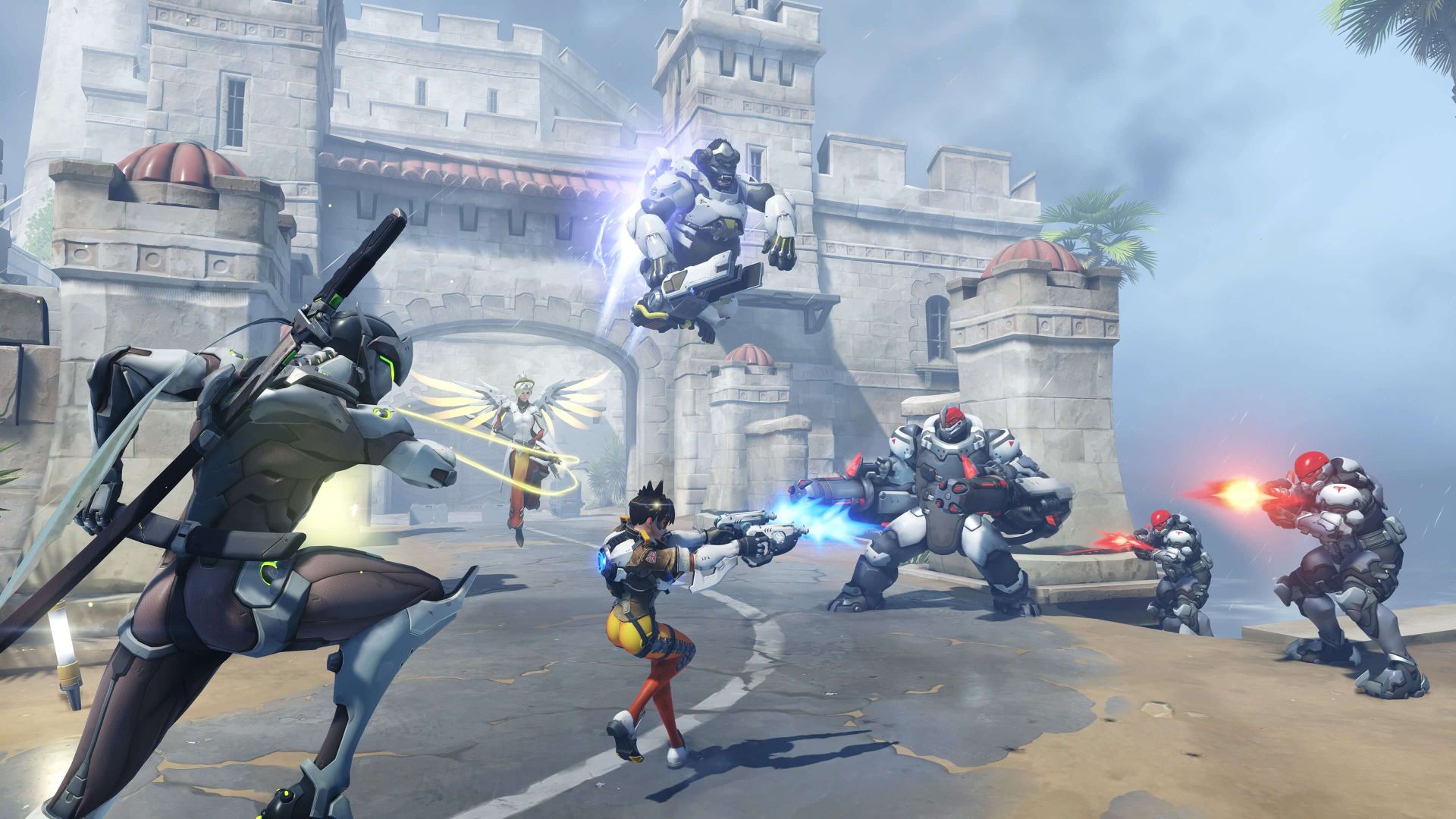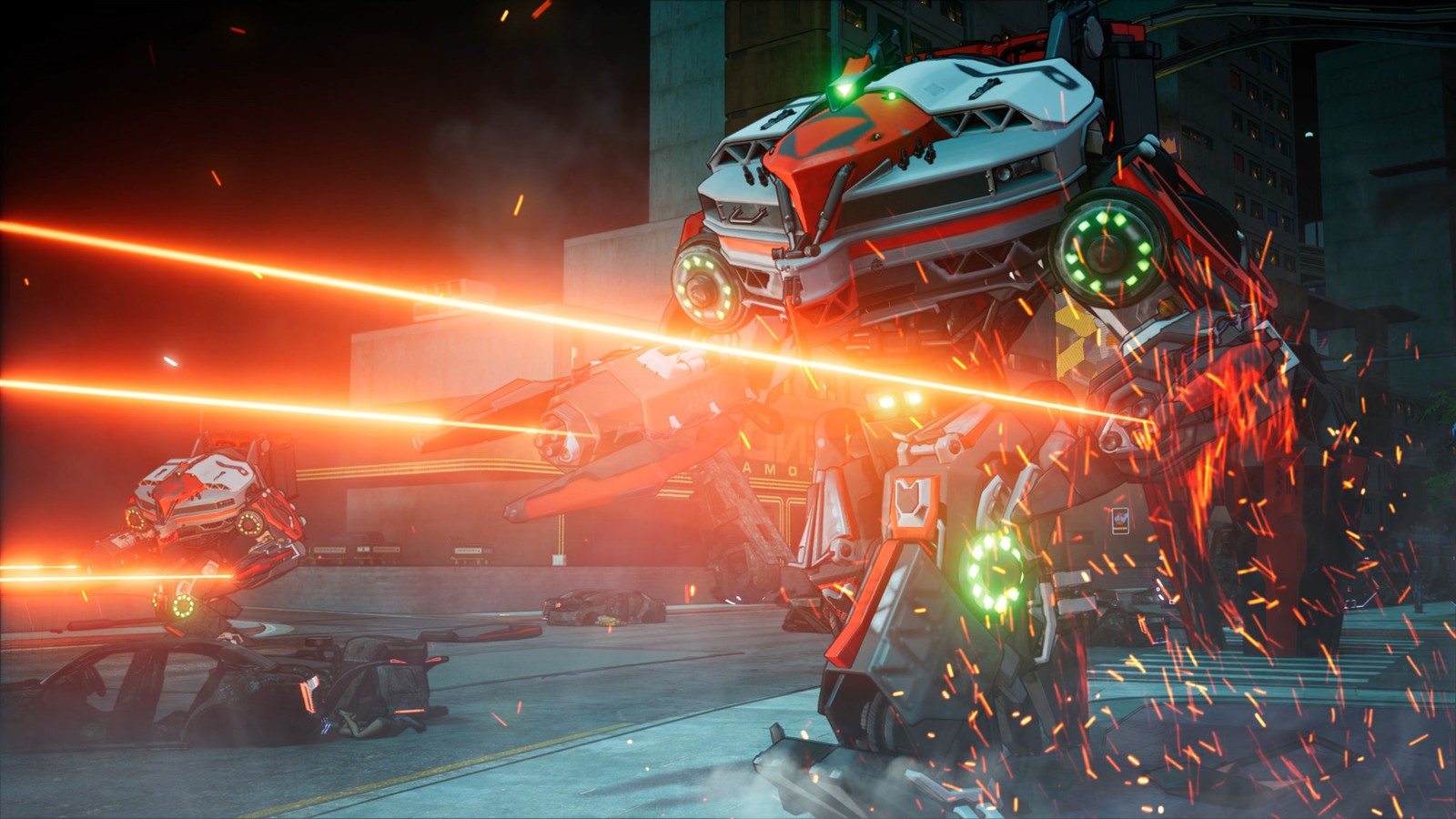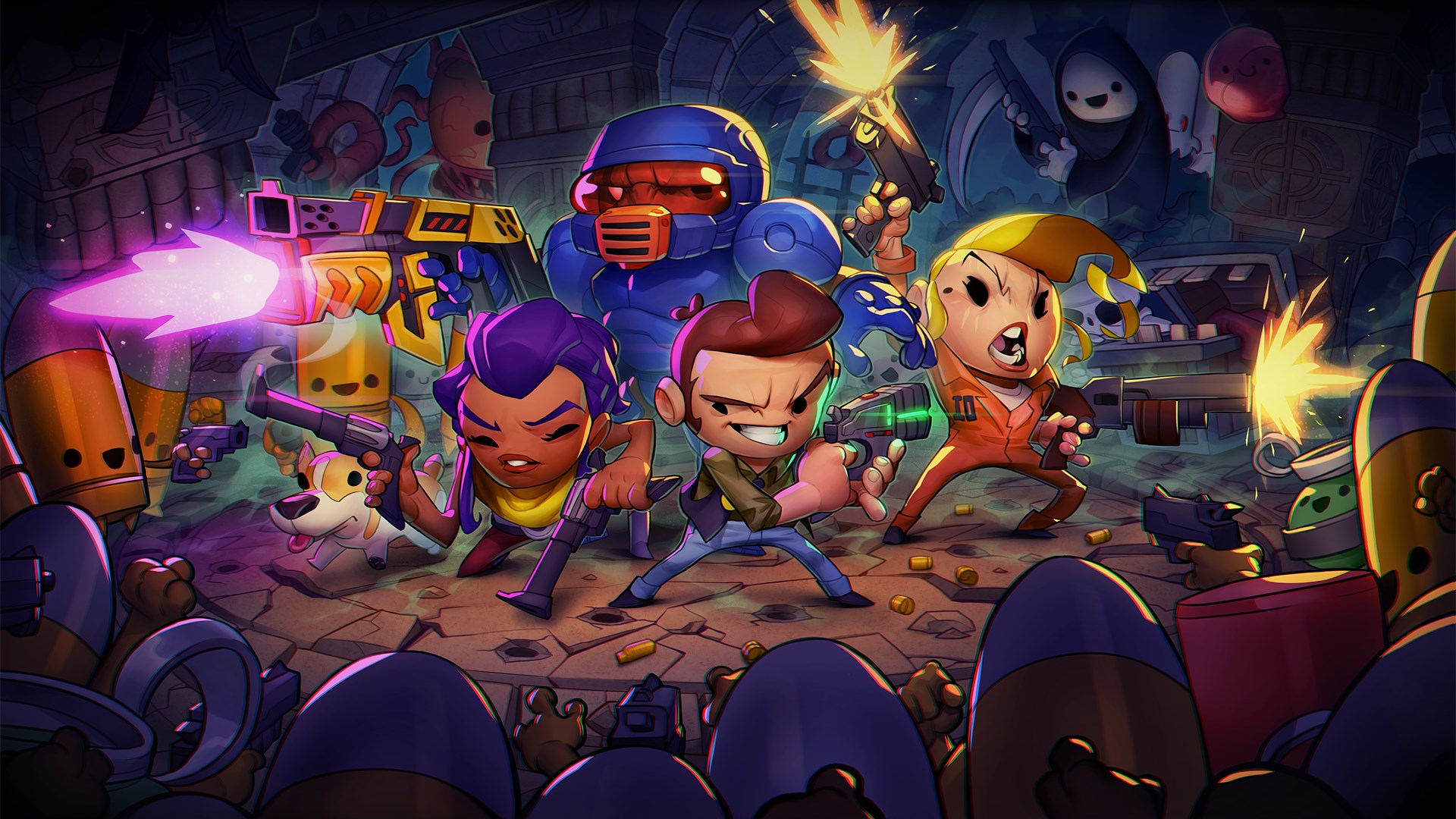
Back in 2014 at Comic Con, I spoke to some erstwhile cosplayers. It was a normal chat, exchanging pleasantries about the games we played. At the time, Mass Effect 3’s multiplayer was my poison and I was in deep. I remember having a good 30 hours or so in the game and this was roughly two years after it launched. Inevitably, the question came up about whether I played Valve’s Dota 2. The uber popular MOBA was rolling and everyone was hopping aboard, riding the momentum of mid-laning, jungling, ganking and what have you. I hadn’t played Dota 2 but one person’s response caught me off guard at the time: “I have probably 1000 hours in Dota 2, I love that game.” The game had released in July 2013 and was available for roughly 210 days up till that point, which meant this person had to have clocked in 4.5 hours everyday.
"Perhaps now more than ever, there are games that players tend to invest an unnatural amount of hours into to the exclusion of everything else."
At the time, I couldn’t really imagine putting that many hours into video games over such a period of time, let-alone for a single title. There were the marathon sessions with Borderlands 2 but once it was done, it was done. Mass Effect 3’s multiplayer was good for a round or two of Silver difficulty, and then back to work. But a thousand hours, even for someone who might have been in college at the time, sounded nuts. Of course, you’ve probably seen people who aren’t in college racking up those numbers as well. Today, it isn’t about hitting 1000 hours in a year or something along those lines.
A quick glance at my Steam friends list tells the story. 1897 hours in Dota 2. 466 hours in Warframe. 6249 hours in Dota 2. 678 hours in Counter-Strike: GO. 1043 hours in Dota 2. 343 hours in Dark Souls 3. 620 hours in Don’t Starve Together. That’s not including the hundreds of hours that friends have put into Overwatch, World of Warcraft, Destiny, Destiny 2 and so on. I’m no different, mind you, with 444 hours in Warframe, 201 hours in Path of Exile and 234 hours on Clicker Heroes (the less you know the better).
Back in the day, it was about owning the hottest new games and expanding one’s collection. It still is to a degree but perhaps now more than ever, there are games that players tend to invest an unnatural amount of hours into to the exclusion of everything else. Some do it for the additional challenge or to open up an intriguing new experience – no-damage runs in Dark Souls or deathblow-only runs in Sekiro: Shadows Die Twice are a few examples. But the number of titles that are demanding your continued investment, your every free hour to their cause, is definitely higher than before.
"It’s not like everyone dispenses such updates in a piece-meal-followed-by-epic-buffet fashion (with some tiny morsels in between)."
Such titles often fall into the “live service” or “games-as-a-service” category. Titles like Warframe have login rewards, building times, Alerts (which were refashioned into Nightwave for an even stronger form of FOMO or Fear Of Missing Out), Gifts of the Lotus, Prime Vault openings, Prime Part removals, Baro Ki’Teer with his weekly wares, Arbitrations with their constant mission cycling, the list goes on. The amount of time required to even learn and leverage the game’s mechanics, forget clearing the entire Star Map, is fairly hefty in its own right. A feeling of community is thus fostered among all the players who are constantly plugging away at the game, digesting each new bit of weapons, cosmetics, Ephemera, mods and what have you before completing their slate of rituals. Of course, then a massive update like Fortuna, Profit-Taker, Nightwave, the upcoming Railjack and The New War roll around to demand even more time
It’s not like everyone dispenses such updates in a piece-meal-followed-by-epic-buffet fashion (with some tiny morsels in between). Path of Exile drops massive updates with each new Challenge League, introducing heaps of new mechanics to try out and new items, spells, class changes and so on to make a new playthrough compelling. It even changes the core game, allowing those happily grinding away to have some new stuff to enjoy.
However, there are also games like Monster Hunter World. It introduces new timed event quest (usually available for a weeks) that adds new items and cosmetics to earn every few months or so. Once out of circulation, other timed event quests return, filling out a list of things-to-do and monsters-to-slay for the week. The base game itself is massive enough to facilitate replaying. You can pick up an entirely different weapon tree, go back to square one to learn all of its nuances, and net dozens of hours of fun as you progress through its various upgrade paths. The build variety coupled with farming Tempered Elder Dragons and Decorations alone will take up a lot of your time, to say nothing of the co-op quests and SOS Flares that you respond to.
"Once again though, when you take all of the above into account, it’s interesting to see titles like Red Dead Redemption 2 or The Witcher 3: Wild Hunt command so much time."
Is Monster Hunter World a games-as-a-service title? No. It doesn’t dole out little bits of content each month. It can be played offline. There’s no real fear of missing out (even if there are login rewards) because all the content eventually cycles back in. That’s not including the Seasonal Festivals that see all timed event quests return. Regardless, there is a hefty amount of investment required for this Monster Hunter title. The same could be said of its predecessors over the years.
It’s a bit easier to see why multiplayer titles get so much commitment from players. That competitive grind, the desire utterly brutalize your opponent and emerge on top, is hard to shake once you’ve gotten a taste for it. Furthermore, each game can turn out different since you’re facing another living breathing person as opposed to AI with predetermined patterns. So if you throw in varying layers of strategy and hero diversity (Dota 2, League of Legends), a huge map to conquer and ways to either play nice or go to war with neighbours (Endless Legend, Anno) and a wide map with numerous possibilities for conflict (insert battle royale title), it’s no wonder that certain games can net thousands of hours of playtime solely on the basis of their multiplayer.
Once again though, when you take all of the above into account, it’s interesting to see titles like Red Dead Redemption 2 or The Witcher 3: Wild Hunt command so much time. Even if you don’t factor in their online components or meaty updates, these are games that you can easily sink a good 100 to 200 hours into. Those may seem like rookie numbers compared to many live service games but if you’re the average working class individual with limited playtime every week, that’s essentially your game for the next month or two. Though Assassin’s Creed Odyssey has its own range of randomly generated contracts and events, it still provides a couple hundred of hours of gameplay if you decide to stick to the main story and side quests.
"Several games do tend to leverage the “sunk cost fallacy” to keep people invested way past the point of having fun."
There are plenty of games that require some kind of investment from a player. In a way, that’s not so bad. I can’t really fault people for indulging in a game like Overwatch for three years straight, playing on and off, partaking in the new events, heroes and maps. After all, they’re having fun and still getting their money’s worth. It also doesn’t hurt that players feel a sense of accomplishment from their investment. Achievements granting different sprays for tasks, Competitive Play with its placement matches and ranks each season, a shifting meta that has you coming back and mastering different things also ensure that players keep coming back.
Several games do tend to leverage the “sunk cost fallacy” to keep people invested way past the point of having fun. You could look at those who play Destiny 2 and mock their suffering as they struggle to complete the various collections of armour, lore, Triumphs and weapons in the game. However, some people have fun with that and revel in it. Even if Bungie inevitably nerfs a hard-earned weapon like Luna’s Howl or Not Forgotten, some players want that kind of chase and to be rewarded with such a powerful weapon. Yes, even if it inevitably becomes a lesser version of itself somewhere down the line.
Look at a game like Dead Cells (who’s end-game system I’ll be covering in greater depth in another article). That’s a game that presents so many different things to unlock. There are dozens of Blueprints for weapons, mutations, secondary abilities, etc across the three core statistics. Unlocking those takes a fair bit of time in terms of the number of Cells to collect, especially if you factor in all of the upgrading required for the Forge to get higher tier items.
"Games that require hefty investment from players have their advantages but it’s understandable why some choose to partake in more immediately gratifying games."
From the perspective of your average consumer though, Dead Cells is a game that provides instant gratification. It’s a game where you pop in and experience the awesome combat, seeing how far you can get based on the items obtained. Beat the final boss, maybe do a few more runs, that sort of thing. There are plenty of people who will never mod their games, mess around with the Custom Mode or even bother with the Boss Stem Cells. And it’s not because they’re uninterested in tougher challenges – it’s because they got their stellar, sleekly produced hours-long rogue-lite experience. For others, slaving through and having everything while still enjoying the amazing combat is where it’s really at.
Games that require hefty investment from players have their advantages but it’s understandable why some choose to partake in more immediately gratifying games. We’re talking about titles like Life is Strange, Hyper Light Drifter, Layers of Fear, Metro Exodus or even Mortal Kombat 11’s Story Mode. Such games have a somewhat limited replay value attached to them since the experience itself doesn’t change drastically when you go back. Instead, it’s more about the overall quality of the experience, from the Zelda-esque exploration and dungeons of Hyper Light Drifter to the epic, seasonal journey of Metro Exodus.
These are games that you can easily pop into for an hour or two and pretty much have a good time. There isn’t a long list of activities to complete and the narrative is generally top-notch. You’re along for the ride, meeting all these different characters and experiencing unique events. The story may have a profound effect on you by the time the credits roll.
Instant gratification games don’t necessarily have to be solid story-based games either. They can also be titles like Dungeon of the Endless, a combination of role-playing, tower defense, dungeon-crawling and real-time strategy. Though a single romp through a specific “pod” can take a good 2 to 2.5 hours, the entire experience is broken up into bite-sized floors that are easy to clear. Even when you’re learning the game for the first time, there isn’t that feeling of being overwhelmed like, say, Stellaris or Endless Legend. It’s not 3 AM in the blink of an eye as you wonder how it all went wrong.
"There’s more going on than just the desire for improvement the hook of the grind or that insatiable hunger for content."
Let’s take a much simpler example – Crackdown 3. This is a game that is so straightforward, so absolutely simplistic in getting to the action that it’s almost a dumb throwback to its predecessors. Explore the city, blow up enemies, collect some things here and there, maybe liberate some outposts, repeat. There’s platforming and shooting. Characters are telling you things that don’t really matter all that much – funny quips, mission objectives et al. But you’re having a fun time. It’s dumb and utterly pointless gaming distilled to its core.
Perhaps the line between instant entertainment and hearty investment boils down more to the person playing. You may spend a good 90 hours completing Persona 5 but someone else might play the game multiple times, mastering every single Social Link, completing the secret battles and just replaying it tirelessly because they love it. I put a good 89 hours into Divinity: Original Sin 2 and haven’t touched the Definitive Edition. But I know that if I went back, exploring different Origins stories, trying different classes and experiencing all the changes that I could easily put in another 100 hours or more into the game. Then you have games like ABZU or Journey which take only a handful of hours to complete but whose emotional impact makes them worth coming back to again and again.
Games, in general, have the potential to hook people. The ways they do this may vary. Perhaps they’re designed to keep players invested, all for the sake of daily active user numbers and monthly spending. It could also be the result of a developer packing in as much content as possible to provide a worthwhile experience, that so-called “bang” for the player’s buck. However, even titles that don’t have that same goal in mind and simply want to present a message can have players revisiting them for years and years. Seeing someone rack up that many hours may appear strange but it’s more than just dedication. There’s more going on than just the desire for improvement the hook of the grind or that insatiable hunger for content.
"Perhaps this borders on an unhealthy obsession, to give so much of yourself to a game that there’s no real alternative beyond it."
Sometimes, it’s just that indelible urge to keep playing way past the point of a game feeling fresh, to the extent that you instinctively know everything that’s going to happen. Every enemy attack and parry window in Dark Souls 3. Every cheese and exploit in Sekiro: Shadows Die Twice. Every mechanic in every raid of Destiny 2. Every little detail of every faction in Endless Legend necessary to win a game despite starting out in the worst possible areas. Every optimal weapon and trick in the book to beat Enter the Gungeon, going all the way to Bullet Hell and back without taking damage in the various boss fights. Every composition that has the potential to completely fall flat in Overwatch not because of the lack of damage or heroes picked but because of the positions and errors that your teammates make.
And sometimes, you’re just like that guy who played a single game of for ten years straight, chronicling the tale of three factions locked in eternal war with nukes and an irradiated landscape. You’re just there to see how it all pans out.
Perhaps this borders on an unhealthy obsession, to give so much of yourself to a game that there’s no real alternative beyond it. Then again, perhaps it’s a passion that simply feeds on how much fun you’re having. Whatever the case may be, whether you’re in it for the long or short haul, it’s interesting how so many different types of games have a way of drawing the player in and never letting go. Whether it’s the looter shooter of the month or a rogue-lite survival game that lets you endlessly break its difficulty in new and fascinating ways, there truly is a game for everyone to get invested in.
Note: The views expressed in this article are those of the author and do not necessarily represent the views of, and should not be attributed to, GamingBolt as an organization.








